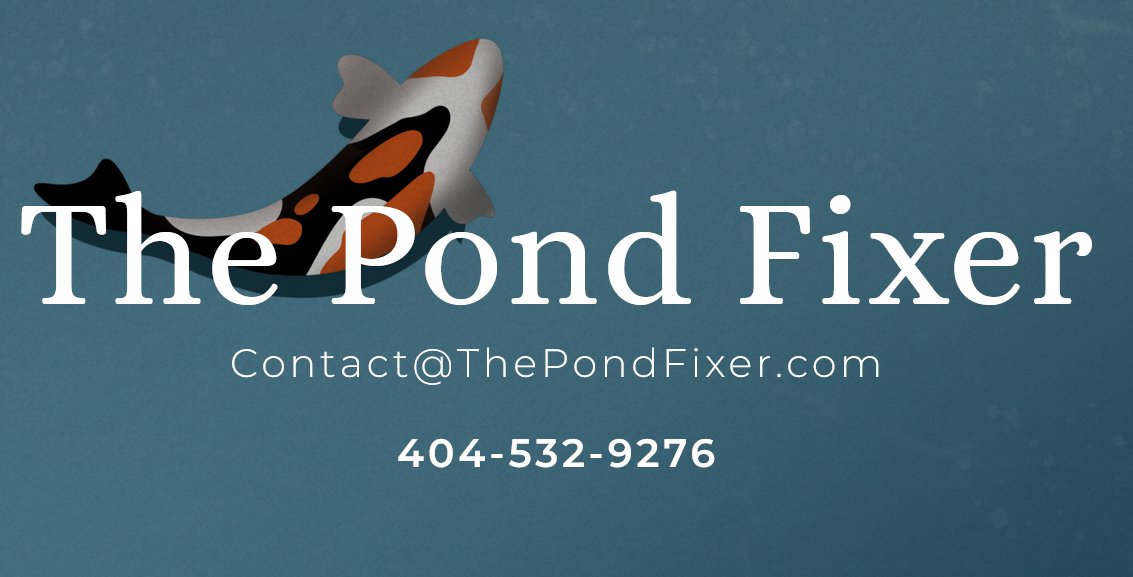A 60 pound Golden Retriever presented for a rapidly expanding “mass” (12-15mm) under the skin on the nasal planum, distorting the nose proper and the skin caudal to the nose. The lesion was slightly tender and was believed to be a bee sting. Antibiotics were used in case it was an infected or penetrating wound.
Two weeks later the lesion had doubled in size, was still hard, slightly tender and 35mm in diameter. The dog was advanced in age. (!2+ yrs) castrated male. The decision was made to take a core biopsy (3-4mm) from the lesion and see grossly what was inside the lump at collection time. In the meantime the dog was put on the following anti-tumor supplements. The total cost of these supplements is very low. Colchicine is the most expensive piece, and costs about $30 for a month supply.
For Cody
- NAC n-acetyl-cysteine starts off at one capsule a day and increases to three capsules a day over 3 days. Then give 3 capsules a day
- Ivermectin is 1.0 ml (one cc) by mouth every other day
- DHEA is 6 capsules of the 100mg DHEA – give 6 capsules once a day or 3 capsules twice a day.
- Geranyl Geraniol 150mg capsules – give one capsule every day.
- Colchicine is given at a rate of 0.6 mg (1 tablet) by mouth once a day.
Probably this will make no difference. No harm is done, and you’ve wasted $60-70 on a ‘chance’.
Maybe it will slow or stop the growth.
It’s unlikely but IS POSSIBLE that it will make a tumor regress.
What’s missing? Fenbendazole.
Dual-target inhibitors of colchicine binding site for cancer treatment – ScienceDirect






